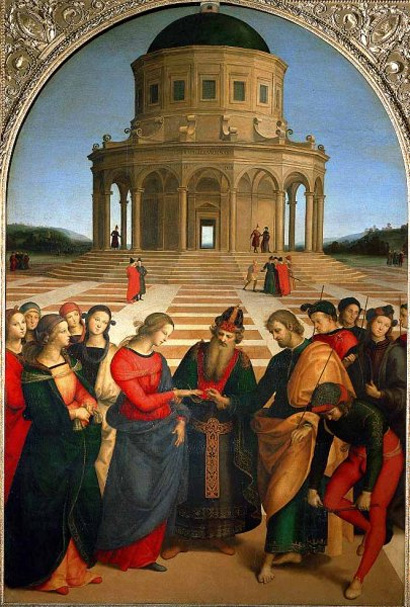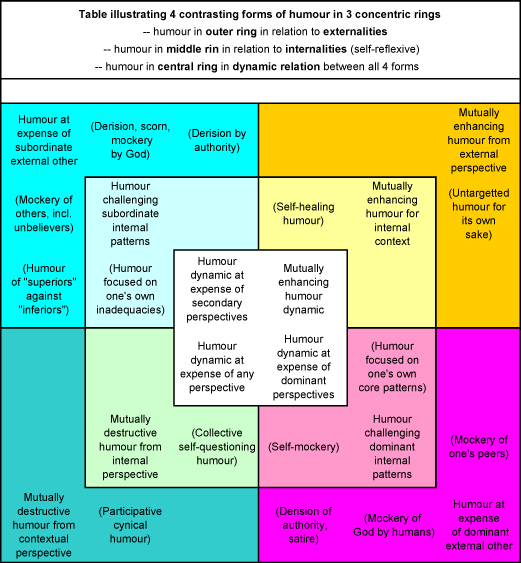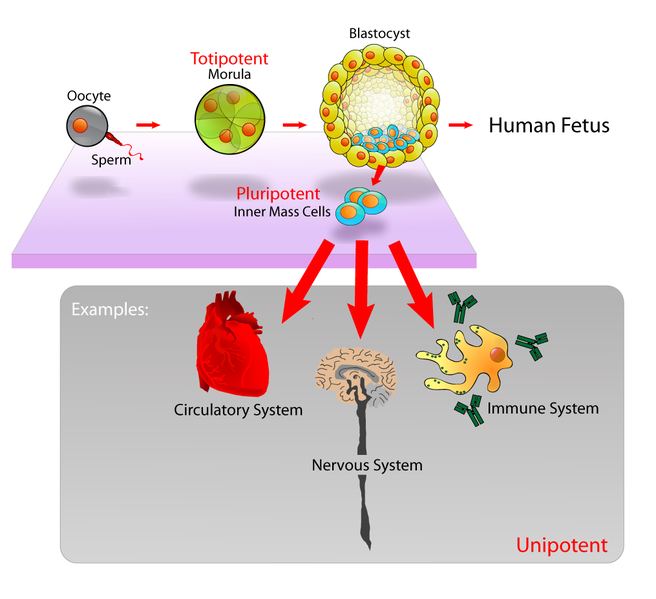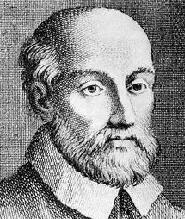 Shrinkrapradio's issue #111
Shrinkrapradio's issue #111 is a great podcast as usual. If I am critical of the episode it is because of the subject at hand. Dr. Justin Frank is interviewed about his book called 'Bush on the couch', in which he has made a psycho-analysis of the current president of the US based on whatever sources he had available, short of having had George W. himself on the couch. If the latter had been the case, the study would have been better, but as a doctor, Frank couldn't have published it. With detached distance he could, the question is whether he should have. Allow me to make a couple of reservations.
In 1964 a survey on presidential candidate Barry Goldwater had him declared unfit to become a president on psychological grounds. Afterwards the APA ethical committee defined the '
Goldwater Rule' stating that it is unethical for psychiatrists and psychologists to state an opinion about a person who has not been examined. How different is Frank's book about Bush from the survey about Goldwater? Frank defends himself by pointing out he has done 2 years of research and the Goldwater survey had asked professionals to make a claim on more superficial basis. However, also after 2 years of research, Frank can still not claim he has truly examined George W.
Yet he makes heavy statements summarizing it as: Bush hates his father and he identifies the American people with his father and will do everything to hurt them. I mean, if at all this can be true, it must be subconscious, and sufficiently hidden from his direct circle of adjuncts, otherwise he cannot pull this off. This brings me to the critique of
Karl Popper on Freud and psycho-analysis in general: What could possibly falsify these claims about the president's personality?
What I am getting at is that no matter how thorough and conscientious such a study is conducted, it cannot be sufficiently founded. Frank points out that psycho-analytic studies have been made of Moses and Hitler (bien etonnés de se trouver ensemble), but that is for lack of having the opportunity to do otherwise and moreover as part of heuristic historical analysis. He also relates to us that the CIA and other such agents use the services of psychiatrists and psychologists for analyzing important subjects. So why can't Frank study Bush? Well he can study all he wants, but apart from using an authority argument (if the CIA can do it, I can), the kind of study essentially remains heuristic and can never make hard claims. Especially not the kind Frank has made.
It is therefore my opinion the whole study can be debunked a prima facie and the book is basically superfluous. If Bush needs to be criticized it should be for his policies, decisions and statements and that should be enough. Dr. Lawrence Friedman, dean of the Los Angeles Institute of Psychoanalysis, responded to the Goldwater survey in a way that seems to me completely applicable to Frank's study: "I shall do everything I can to help defeat Mr. Goldwater, but I shall point to his ideas, his statements, his political orientation, and his associations, not to his psychology. There is enough political evidence to defeat him with. I would like to see [presented] that information and not waste your facilities on an approach which is neither right nor effective."
 Ik heb iets met interviews met mensen die een meervoudige nationale affiniteit hebben. Het is het antwoord op de vraag van Ronald van den Boogaard, waarom ik naar Simek en naar de marathon interviews luister. Hij vroeg met erover een gaststukje te schrijven op zijn blog. Albert Helman noem ik daar zijdelings.
Ik heb iets met interviews met mensen die een meervoudige nationale affiniteit hebben. Het is het antwoord op de vraag van Ronald van den Boogaard, waarom ik naar Simek en naar de marathon interviews luister. Hij vroeg met erover een gaststukje te schrijven op zijn blog. Albert Helman noem ik daar zijdelings.

































